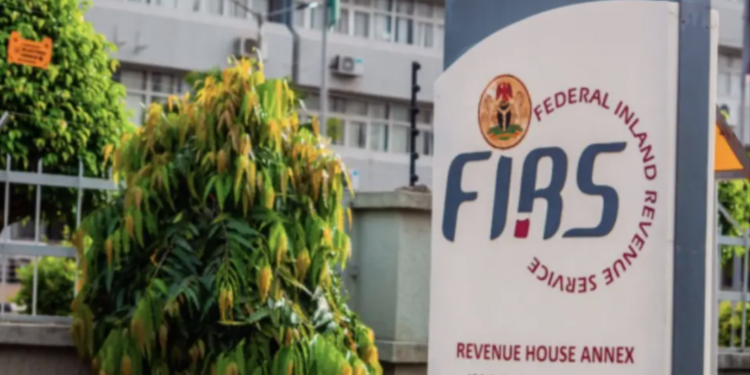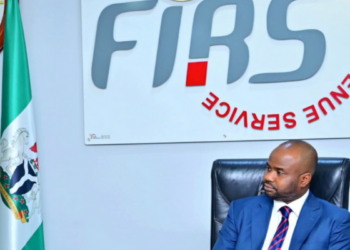The Federal Inland Revenue Service (FIRS) has commenced stakeholders’ engagement ahead of the pilot phase rollout of its e-invoicing solution, aimed at improving tax administration and compliance in Nigeria.
While kicking off the engagement campaign with a conference in Lagos, the service disclosed that implementation of the pilot phase will start with large taxpayers who conduct millions of transactions daily or weekly.
FIRS engaged stakeholders in various sectors of the economy, including oil and gas, banking, manufacturing, and services, among others.
Coordinating Directors of departments in the FIRS explained the intricacies of the e-invoicing system to the participants and addressed their concerns and questions.
The Coordinating Director, of Large Taxpayer Group, Amina Ado, who delivered the welcome address said the system aligns with international standards as it would ensure tax compliance and reduce tax revenue leakages for the government.
“The e-invoicing system is not just a technological innovation, but a strategic enabler that aligns with international best practices, ensuring seamless tax compliance, reducing revenue leakages, and enhancing the ease of doing business in Nigeria,” she said.
Ado, who was represented by Olatunji Olabode, the Director of Large Taxpayer, Telecoms & Finance, disclosed that the implementation of the e-invoicing solution will start with large taxpayers
“FRS plans to commence the implementation of the pilot phase of this solution, with selected large taxpayers,” she added.
FIRS promises easy adoption for Nigerian businesses
The service engaged stakeholders, particularly large taxpayers who have concerns about the implementation of the system.
Stakeholders from the manufacturing sector expressed concern over returned stocks whose invoices would have already been documented in the e-invoicing system of the FIRS.
Stakeholders in the oil and gas sector raised concerns about the difficulty in invoicing multiple retails that are paid for with cash and are not tracked immediately.
Mike Adoga, who heads the tax automation department in FIRS explained that tax filing does not affect accounting and the system is built with consideration for such peculiarities.
“The invoices can be inputted in real-time or near real-time.” “We are still getting feedback and learning,” he added.
About the e-invoicing solution
The e-invoicing solution is an accounting system that can be installed on PCs, phones, tablets, and cloud-based platforms to generate electronic invoices with tax elements that can be tracked and documented for tax administration.
- The tax elements that are included in the e-invoicing for both B2B and B2C transactions include invoice number, goods or services description, applicable taxes (such as VAT), tax rates, and amount payable, among others.
- The e-invoicing solution will be integrated with the FIRS system through a licensed access point provider to facilitate the exchange of invoices and other important data.
- It also provides for an Invoice Reference Number (IRN), a unique identification number assigned to each number that makes it possible for a buyer, seller, tax manager, or bank to trace the authenticity of the invoice anytime and anywhere.
It makes it possible for the government to keep track of tax compliance and filing as invoices are generated electronically from the central system in real-time or near real-time.


















